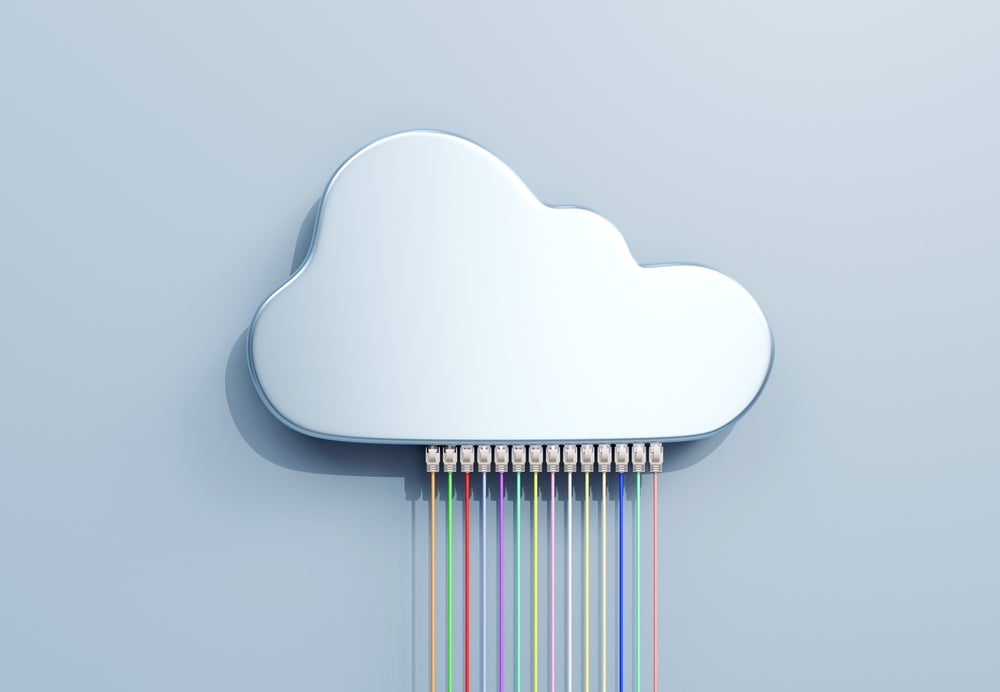Energy security is critical, but ensuring it globally is becoming increasingly complex. Rising global energy demand, fuelled by socioeconomic development, electrification, and rapid AI and cloud data centre expansion, is intensifying pressure on energy systems. Meanwhile, ageing infrastructure, geopolitical instability (ie, the Russia-Ukraine conflict and China’s critical mineral dominance), the energy transition, the growing convergence of Internet-of-Things devices and energy systems, climate-related risks, and cyber and physical threats to critical power systems compound this challenge. The integration of IT and operational technology (OT) in modern power grids means that a single cyber breach risks disrupting critical national infrastructure.
The weaponisation of energy is a serious and growing threat, as the Russia-Ukraine conflict has demonstrated with deliberate drone strikes on energy facilities. Armed Conflict Location & Event Data claims that although Ukraine’s energy infrastructure often suffers from collateral damage, it has been intentionally targeted by Russian drone strikes since late 2022. Across the globe, major countries and power companies are ramping up energy infrastructure defence. For example, Taipower is actively investing in counter-drone systems to protect critical energy infrastructure amid the threat of a Chinese invasion of Taiwan.
How does cloud computing tackle the challenge of energy security?
Cloud computing significantly improves the power industry’s ability to detect, respond to, and mitigate cyber threats in real time. Utilities can deploy sophisticated cloud-based security information and event management (SIEM) systems that ingest vast telemetry from IT and OT networks, combined with real-time analytics, to help organisations recognise and address potential security threats. For example, SIEM systems like Microsoft’s Sentinel enable centralised security monitoring and automated anomaly detection across enterprise and industrial control systems.
Cloud infrastructure underpins modern zero-trust architecture in power systems. By externalising identity, segmentation, and access policy, cloud services enforce the principle of ‘never trust, always verify’, ensuring that only authenticated users can interact with sensitive systems regardless of their network location. This approach drastically reduces the risk of lateral movement by malicious actors within interconnected networks.
Cloud computing also provides the scalability and flexibility required to maintain operational resilience under stress. Power companies can use cloud computing to rapidly adjust their computing resources to match fluctuating demands, whether due to routine grid balancing or emergencies. In the event of a physical incident or cyberattack, cloud resources can be quickly reallocated to deploy additional monitoring capabilities, run forensic investigations, and support backup control operations. This agility enables utilities to maintain service continuity and protect critical functions during unexpected disruptions.
Moreover, cloud computing also strengthens energy security by providing robust backup and disaster recovery capabilities. Traditional on-premises backup systems suffer from limited capacity, high maintenance costs, and physical vulnerabilities. These can become significant liabilities during cyberattacks, natural disasters, or targeted physical strikes on energy infrastructure. By contrast, cloud platforms allow power companies to store copies of vital operational data and control system configurations across geographically dispersed, highly secure data centres. While cybersecurity introduces concerns about data sovereignty and external breaches, it is important to recognise that leading cloud providers generally maintain extremely advanced security defences. These providers typically invest significantly in continuous threat research, compliance certifications, and global monitoring, making them trusted partners for utilities navigating a complex and evolving threat landscape. Hybrid cloud services offer a balanced approach, allowing utilities to retain control over sensitive data while taking advantage of the public cloud’s scalability, resilience, and security for less critical workloads.

US Tariffs are shifting - will you react or anticipate?
Don’t let policy changes catch you off guard. Stay proactive with real-time data and expert analysis.
By GlobalData





